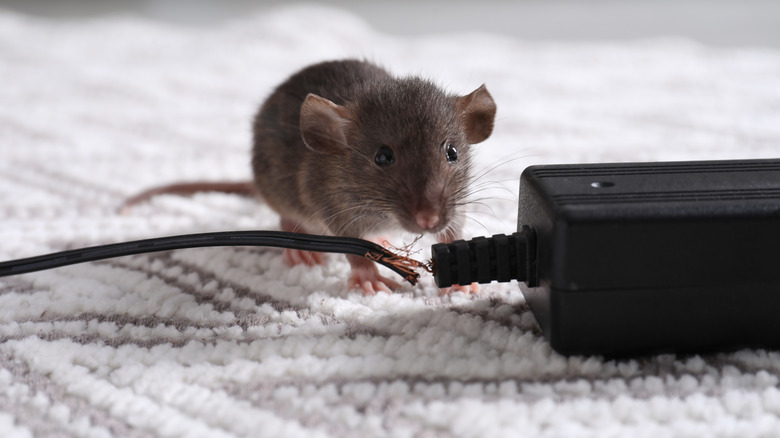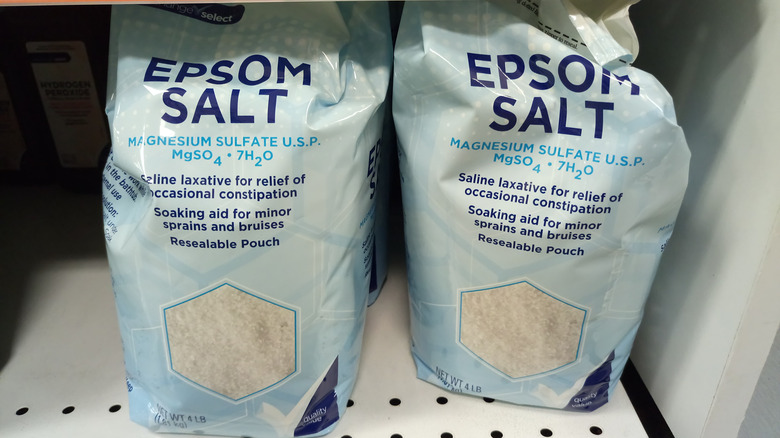Does Epsom Salt Really Double As An Effective Rat-Repellent?
Ever heard the faint rustling in the quiet of the night, or discovered mysterious bite marks on important documents? Rats, those sly intruders, go beyond the clandestine noises they bring to our homes. Not only do they disrupt our peace with their nocturnal antics, but these elusive creatures also harbor diseases and wreak havoc on our property by gnawing on wires, cables, and wooden structures. This is why addressing a rat infestation becomes not just a matter of comfort, but a necessity for the safety of our homes and health. This is where Epsom salt comes in as a handy rat repellent.
Although it may seem like an unconventional ingredient for rat elimination, Epsom salt has proven itself to be effective at getting rid of rats. This household staple, typically known for its role in soothing baths, can play a significant role in eliminating rats. As we delve into the specifics of its application, we'll explore the ease of using this common household item as a natural solution to bid farewell to these unwanted guests.
Make your Epsom salt rat repellent
Creating an Epsom salt-based rat repellent is a simple process that requires minimal effort and readily available ingredients. Epsom salt is rich in magnesium sulfate which, in the right doses, is needed to maintain health in humans and other organisms, including rats. However, when magnesium sulfate is administered at unusually high levels, it can be toxic to rats and other animals.
The dilemma with using Epsom salt to eliminate rats, however, lies in how one can persuade them to consume it. Rats don't typically seek out Epsom salt (or any type of salt for that matter) as food, so it needs to be mixed with something they find tasty or enticing enough to feed on, such as peanut butter or cheese, creating an enticing yet toxic blend.
Alternatively, you can mix Epsom salt with lots of sugar, detergent, and flour, serving it in paste form to the rodents. This combination will not only entice them but also dehydrate the pests due to the high mineral concentration in Epsom salt, ultimately killing them. Strategically place these baited mixtures in areas frequented by rats. However, make sure there's no water source nearby as the effects of the Epsom salt can get neutralized when the rats are able to drink.
Fortifying your home against rat invasions
Prevention is key in maintaining a rat-free home. After all, even when you can use Epsom salt as a rat repellent, it may not work fast enough if you already have a full-blown infestation. Moreover, since using Epsom salt as a rat food additive means you'll be essentially poisoning the rodents, you may not feel comfortable using this method if you prefer humane ways of keeping them away.
This is why taking proactive measures, such as sealing entry points, eliminating potential food and water sources, and maintaining a clean indoor and outdoor living environment, is essential as these are proven ways that will discourage rodents from seeking shelter in your home in the first place. Also, inspect your home exterior regularly and look for cracks or gaps. Seal any openings you find promptly to keep pests out of your house.
Combine these efforts, and you'll establish an environment that rats will find unwelcoming, ensuring you have a pest-free sanctuary for you and your family. But if you already have an existing rat problem that's already unmanageable, you may want to consider calling in professional pest control services to help you out.


